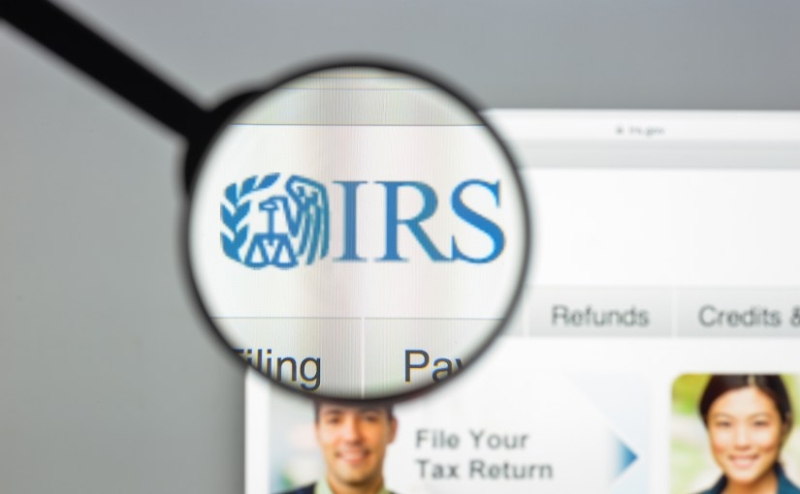
The IRS recently issued Notice 2024-73, which provides much-needed guidance on long-term, part-time (“LTPT”) employees in ERISA-governed 403(b) retirement plans. Following passage of the SECURE 2.0 Act, an employee is generally considered a LTPT employee if he or she works at least 500 hours per year for two consecutive years.
Among other items, the Notice sets forth the IRS position on the following key issues on which the benefits community has been seeking clarification:
- A part-time employee who qualifies as a LTPT employee must have the right to make elective deferrals to an ERISA 403(b) plan (unless some other statutory exemption applies), notwithstanding the Tax Code’s permitted exclusion for employees who normally work less than 20 hours per week.
- An ERISA 403(b) plan may continue to exclude from the plan part-time employees who do not qualify as LTPT employees, notwithstanding the “consistency requirement,” which generally prevents a plan from excluding some part-time employees and not others.
- An ERISA 403(b) plan is not required to provide the right to make elective deferrals to certain student employees, even if they qualify as LTPT employees. This is because the student employee exclusion is based on an employee classification (a student performing the service), rather than an amount of service (not an hours-based exclusion).
The guidance in the Notice is effective for plan years beginning after December 31, 2024. Importantly, the Notice also provides that a previously promulgated proposed regulation relating to the handling of LTPT employees in 401(k) plans, once finalized, will apply no earlier than plan years beginning on or after January 1, 2026 (i.e., a two-year extension).
© 2024 Miller, Canfield, Paddock and Stone PLC by: Brian T. Gallagher, Katina K. Gorman of Miller Canfield For more on Long-Term Part-Time Employees, visit the NLR Labor Employment section.



